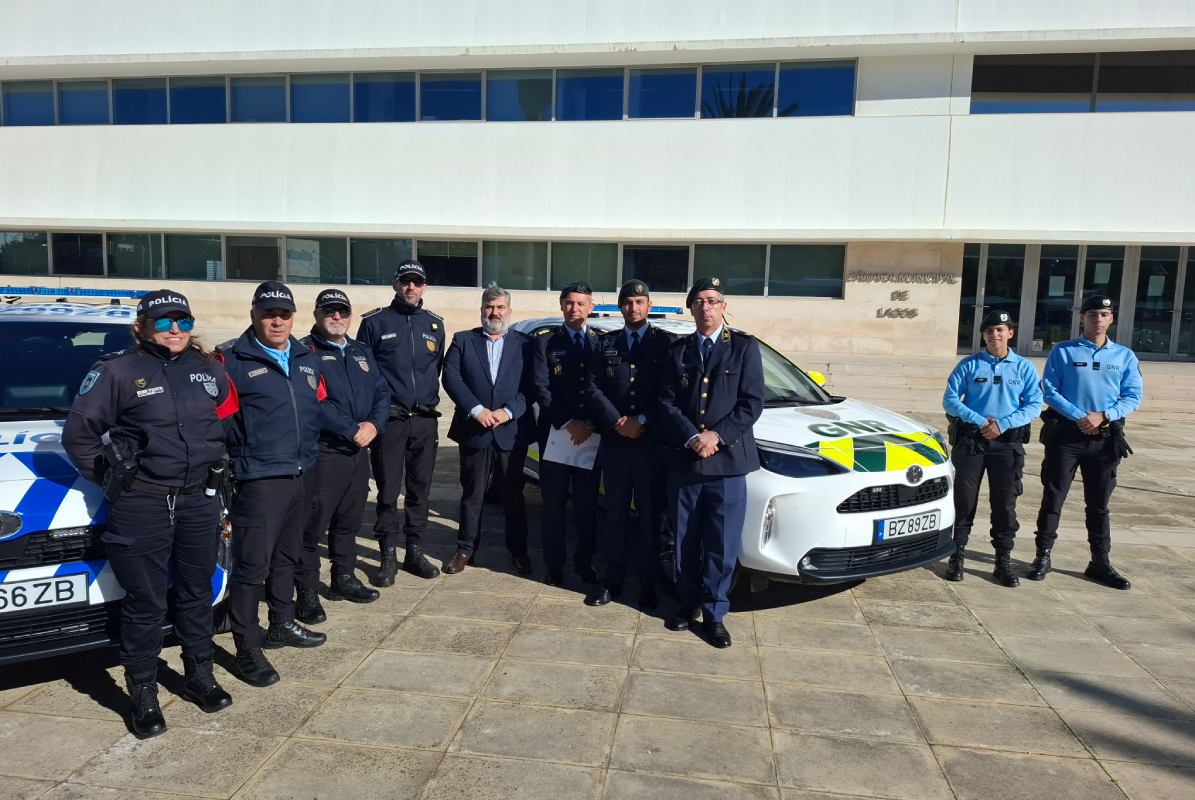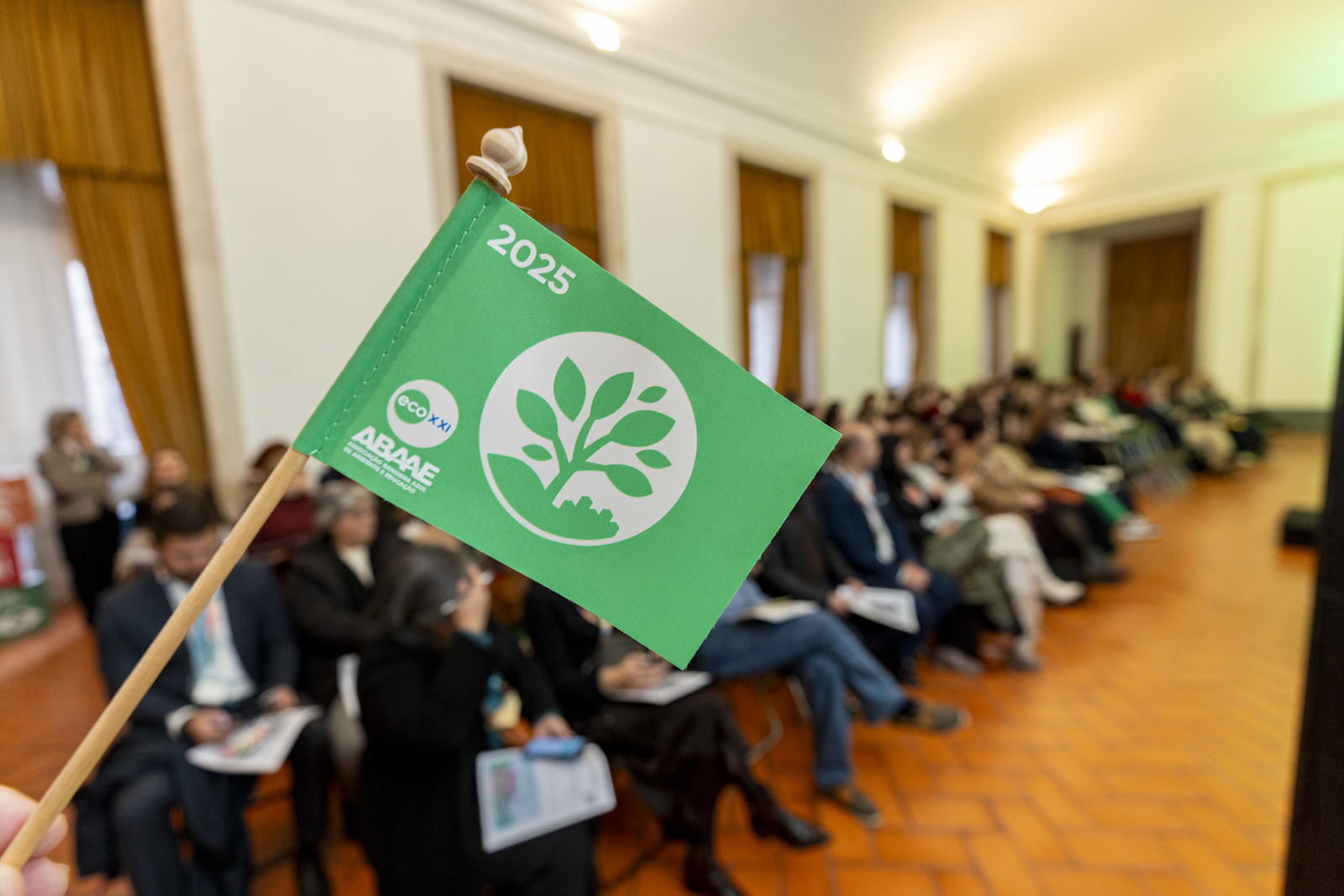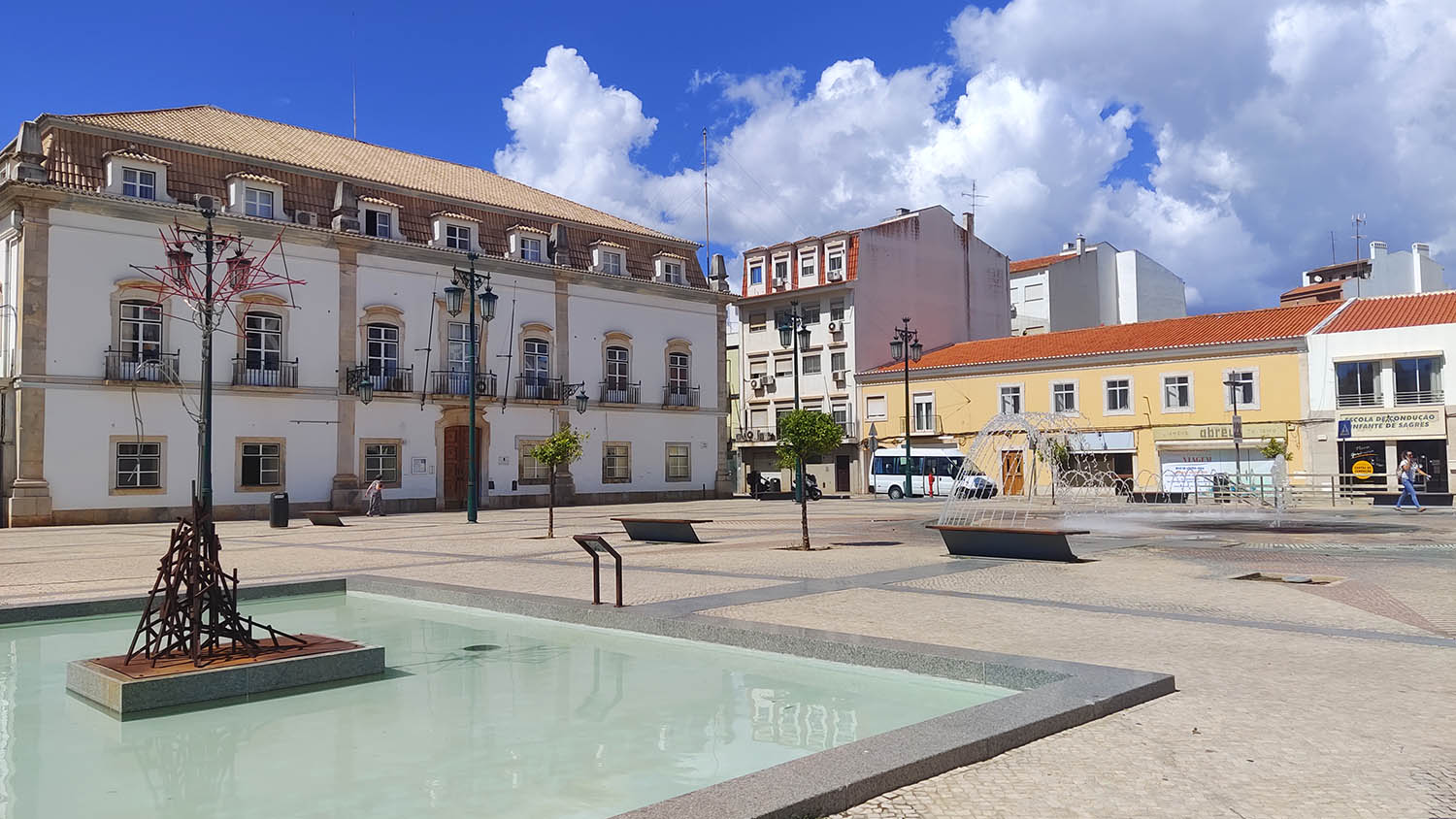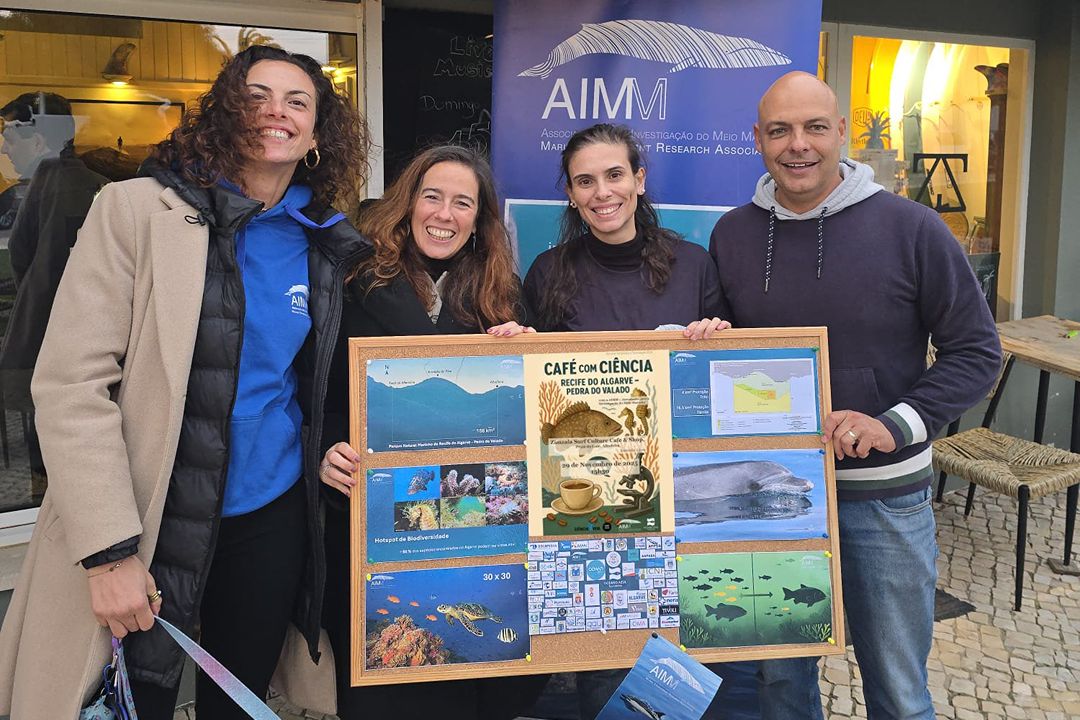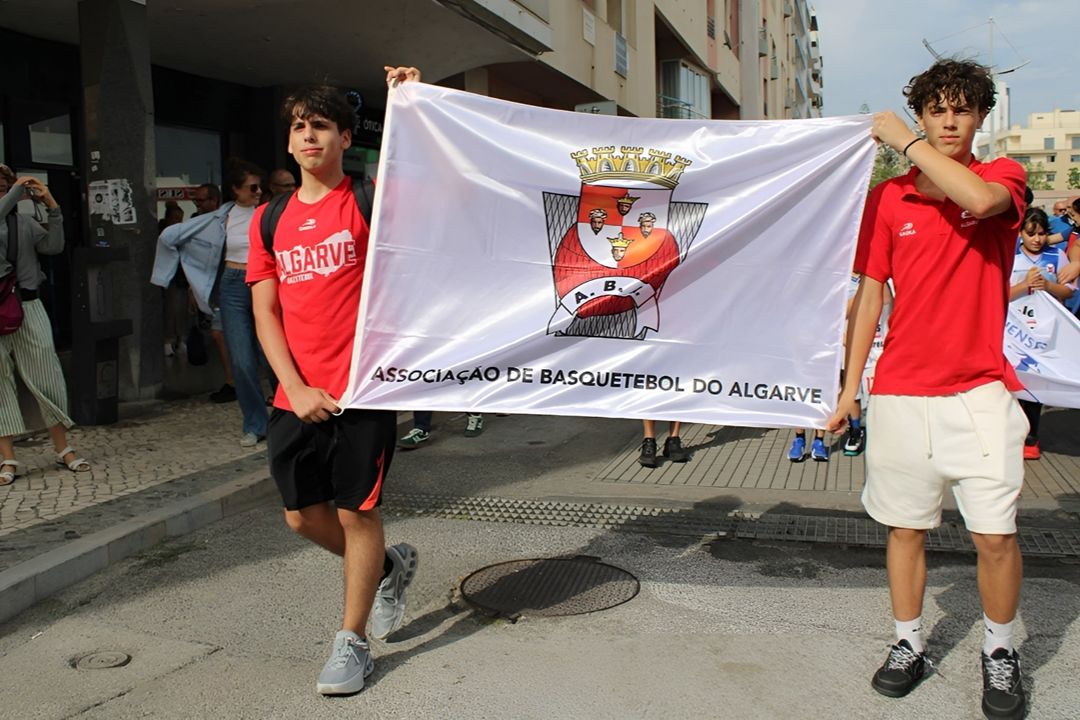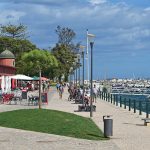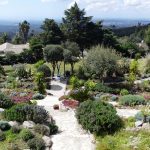Every September, students across the Algarve return to classrooms for a new academic year. Felipe Castilho Trujilho reflects on life within the Portuguese education system, while Francisco Espinha shares his experience joining the IB Diploma at Nobel Algarve, offering insights into both national and international school life in the region.
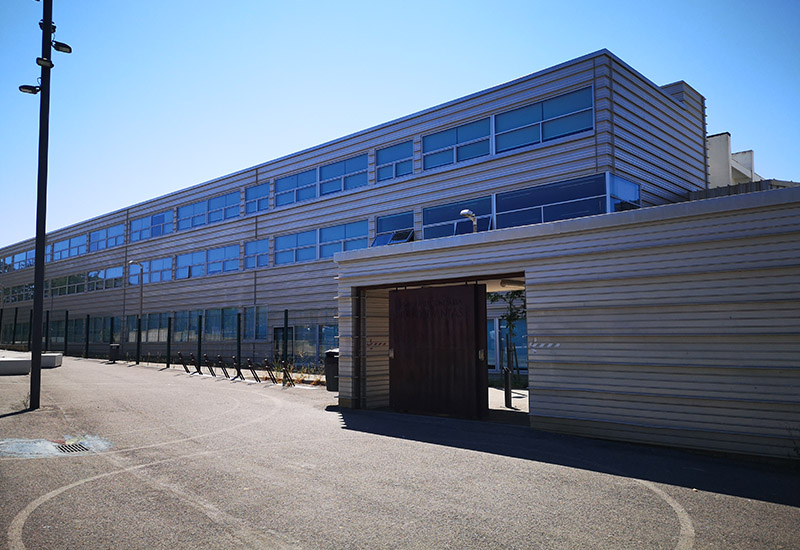
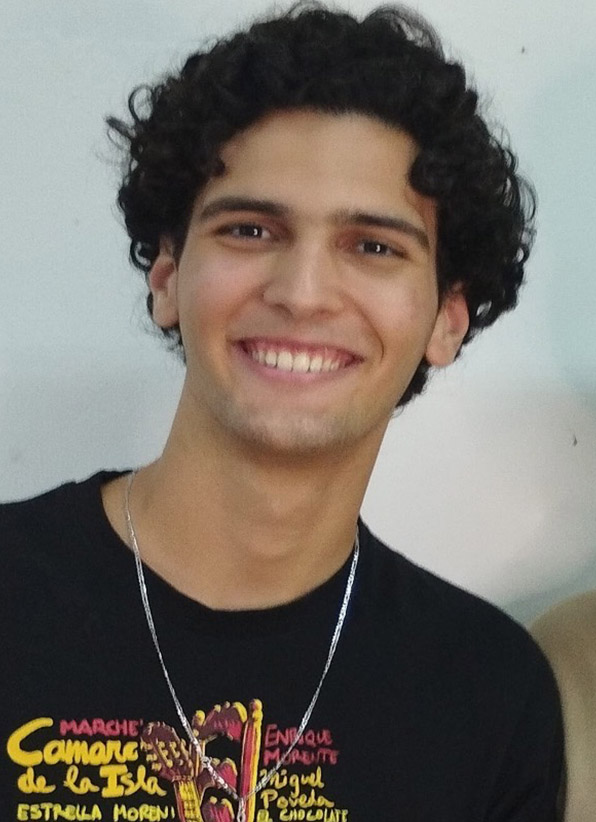
Life as a Portuguese Student in the Algarve
WORDS Felipe Castilho Trujilho
As September arrives, nearly two million students across Portugal return to classrooms, ready to face a new year filled with academic challenges and opportunities. Having studied in Brazil, Ireland and now Portugal, I’d like to share a student’s perspective on what life is like in the Portuguese education system here in the Algarve, and explain how the system works.
In Portugal, education is mandatory from ages 6 to 18, covering the first to the 12th grade. It is structured into preschool (which is optional), primary school and secondary school. Primary school is divided into three cycles: the first cycle covers grades 1 to 4 (ages 6–10), the second cycle includes grades 5 and 6 (ages 10–12), and the third cycle spans grades 7 to 9 (ages 12–15). Secondary school is for students aged 15 to 18 and includes grades 10 through 12.
Typical school days start around 8.20 am and can go until about 6.20 pm, though younger students often have lessons consolidated into a half-day schedule. Holidays are scattered throughout the year: Christmas break runs roughly from mid-December to early January; three days are set aside for Carnival in February or March; Easter break lasts about two weeks around April; and the longest break is summer, stretching from June until mid-September, depending on the student’s grade.
Unlike many countries, most Portuguese schools do not require uniforms, though clothing must suit an educational environment. Schools here vary – for example, some focus only on preschool and the first primary cycle, like Ti-Té in Portimão and Escola Básica da Ameijeira in Lagos, while others, such as Escola Secundária Poeta António Aleixo or Escola Secundária Júlio Dantas, cater solely to secondary students. Others, like Bemposta in Portimão, offer a broader range of grades but usually start from the second primary cycle.
It’s common, though not mandatory, for students to change schools at the start of a new cycle, depending on several factors, including distance from home. Once in secondary education, choosing the right school also depends on the courses and subjects available, as these vary across institutions.
In secondary school, there are two main paths: regular education and professional education. In grade 10, all subjects are mandatory, but in grade 11, students select an optional subject aligned with their interests – this might be in sciences, languages or other areas. By grade 12, students choose a specialisation subject related to the profession or field they want to pursue. Alternatively, professional courses offer specialised training in areas like theatre, music, tourism, coding and event planning, providing a practical route toward a career.
Passing exams is crucial – students must score at least 50% to pass a test, and failing multiple subjects can result in repeating a year. After finishing secondary school, those wanting to join a college take national exams related to their chosen field, held under strict supervision to prevent cheating.
One major issue currently affecting schools is teacher strikes. Many educators protest the low salaries and limited career advancement opportunities, which place extra pressure on students when classes or exams are disrupted. These strikes can last weeks and impact learning significantly.
As for future plans, Portuguese students are divided. Some want to stay and build their careers here, while others dream of working abroad. Personally, having experienced different education systems, I find the Portuguese curriculum well-rounded and challenging, with a focus on testing – usually three exams per subject each year.
Schools also put great emphasis on inclusion, actively fighting bullying and prejudice through workshops and talks on pressing social topics. Shows like Netflix’s Adolescence sparked conversation, but thankfully, many issues depicted are not widespread in our daily school life.
As the school year begins, classrooms in the Algarve will fill again with eager students ready to learn, grow, and face new challenges. Being part of this community inspires me every day to embrace education and all it offers.
About the author
Felipe Castilho Trujilho was born in Brazil in 2007 and studied there until grade 3. After moving to Ireland, he completed up to grade 7 before relocating to Portugal for grade 8. A winner of a writing competition for Tomorrow magazine in 9th grade, Felipe is passionate about writing and currently combines his studies in an acting professional course with continuing contributions to Tomorrow.
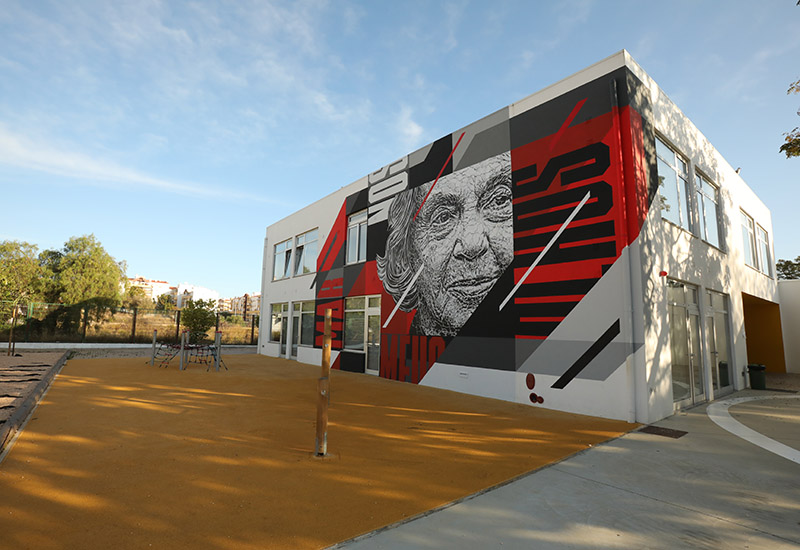
List of Public Schools in Lagos
Agrupamento de Escolas Gil Eanes
- Escola Básica da Ameijeira (Pré‑Escolar e 1.º Ciclo)
- Escola Básica de Bensafrim (1.º Ciclo)
- Escola Básica do Chinicato (1.º Ciclo)
- Escola Básica de Odiáxere (1.º Ciclo)
- Escola Básica Sophia de Mello Breyner Andresen (Pré‑Escolar e 1.º Ciclo)
- Escola Básica das Naus (2.º e 3.º Ciclo)
- Escola Secundária Gil Eanes (3.º Ciclo e Ensino Secundário)
Agrupamento de Escolas Júlio Dantas
- Escola Básica de Santa Maria (Pré‑Escolar e 1.º Ciclo)
- Escola Básica Nº 1 de Lagos (1.º Ciclo)
- Escola Básica Centro Escolar da Luz (Pré‑Escolar e 1.º Ciclo)
- Escola Básica Tecnopólis (2.º e 3.º Ciclo)
- Escola Secundária Júlio Dantas (3.º Ciclo e Secundário)
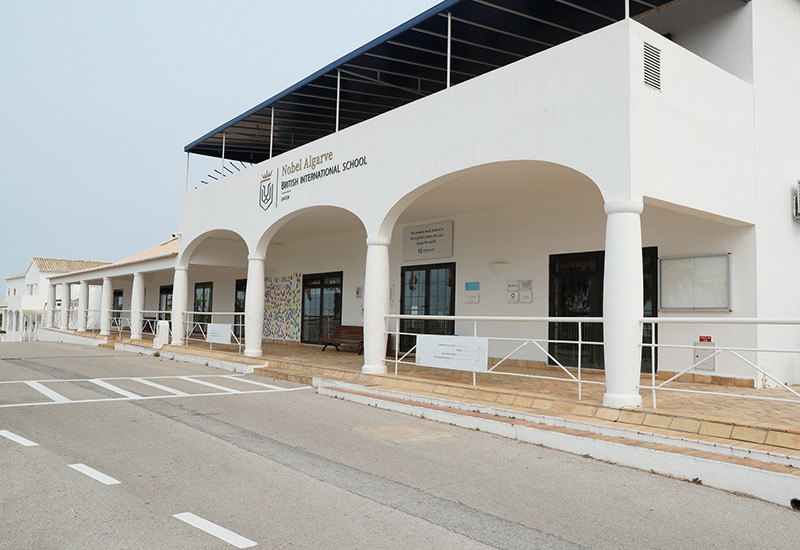
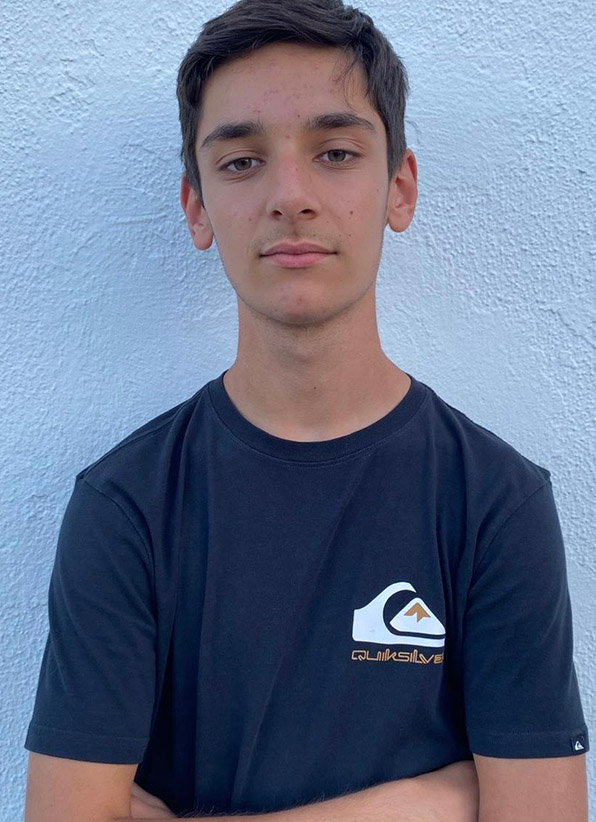
An International Student’s Perspective: Joining the IB Diploma at Nobel Algarve Almancil
WORDS Francisco Espinha
As I prepare to start Year 12 at Nobel Algarve British International School, Almancil, in September 2025, I’m excited to share a glimpse into my educational journey and what life is like as an international student studying in the Algarve’s private school system.
I wil be joining the school’s new International Baccalaureate Diploma Programme. I’ve always been drawn to the IB because of its breadth and flexibility. Unlike many programmes that force you to specialise early, the IB allows you to keep options open while still offering in-depth study in the subjects you choose. This suits me perfectly, especially as I was already preparing for IB at my previous school in the USA.
My education has spanned several countries. I began in France at Lycée International de Saint-Germain-en-Laye, near Paris. This school offered dual programmes – the French curriculum and a national programme based on students’ backgrounds. As my family is Dutch-Portuguese, I followed the Portuguese curriculum. The school’s dual structure meant longer hours from preschool onward, preparing students for the Option Internationale du Baccalauréat.
At age ten, we moved to the USA, where I joined the International School of Boston (ISB). ISB offers American, French and IB programmes, giving students considerable choice. I was keen to follow the IB route there, but soon after, my family relocated to Portugal. I initially joined Nobel Algarve Lagoa which offers students English A-Levels. Nobel Algarve Almancil, its sister school, was launching the IB Diploma Programme in 2025, so I seized the chance to transfer there. This will be my final school before graduation.
Comparing schools in the Algarve to those in France and the USA, I’ve noticed big differences. For example, students’ interests here are quite different from what I saw in Boston. However, a common thread at all schools I’ve attended is a strong international character and the dedication of staff to make learning engaging. Teachers here actively involve students rather than just delivering lectures, which I appreciate.
A typical school day at Nobel has been structured but balanced. We start with a short-form teacher session, followed by two 50-minute lessons, a break, two more lessons, an hour’s lunch, and finally two last lessons. After school, students can join extracurricular activities or head home. There is a big football team which teachers put a lot of energy into.
The teaching style here suits me well. Teachers encourage questions and foster discussion, making classes more interactive than simply note-taking. Until now, the focus has been more exam-oriented, largely because the school follows the IGCSE programme that relies on final exams. But with IB coming in, I expect coursework will figure more prominently.
Homework is reasonable – usually one assignment per subject each week. I think this balance works; older students should take the initiative to practise independently rather than be overloaded with assignments.
Exams are taken in strict conditions to ensure fairness, in separate rooms overseen by teachers. While IGCSE exams influenced how tests are set (featuring multiple-choice, long answers and theory-to-practice sections in sciences), the IB will bring a new assessment style.
Regarding teenage life in Portugal, I’ve heard about the Netflix series Adolescence, which explores challenging issues faced by adolescents. Though I haven’t watched it myself and a few peers have, it apparently resonates with many youngsters.
When it comes to career outlook, views among my classmates are mixed. Roughly half are optimistic and focused on their future goals, while others feel stressed and uncertain. Interestingly, many prefer to study abroad after graduation rather than remain in Portugal.
Currently, AI tools are not widely used in schoolwork, mainly because most assignments, especially in IGCSE, are handwritten. However, with the IB’s more varied methods and essay writing, I expect technology and AI-assisted resources will become more common.
School life offers plenty of extracurricular options. Teachers often provide extra support outside regular hours – for instance, the maths teacher runs weekly sessions where students can ask questions or explore topics beyond the syllabus.
Joining the IB at Nobel Algarve Almancil is an exciting step. The private school system here combines an international outlook with dedicated staff and a range of academic and extracurricular opportunities. For international students like me, it offers a welcoming community and a chance to thrive academically while exploring diverse interests.
Francisco Espinha will begin the IB Diploma Programme at Nobel Algarve Almancil in September 2025.




